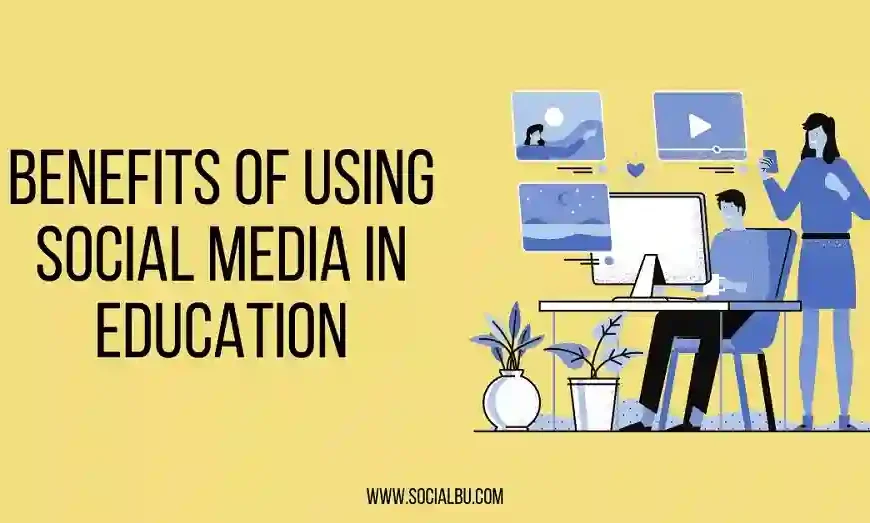Ladies and gentlemen, the power of education to break the cycle of poverty cannot be overstated. It’s like a beacon of hope in the darkest of times, offering individuals the key to a brighter future. In this article, we’ll delve into how education serves as a transformative force, lifting individuals and communities out of poverty and into a world of opportunity.
To begin with, education is the pathway out of poverty. It’s like a bridge that connects individuals to a world of possibilities. When people have access to quality education, they gain the knowledge and skills needed to escape the constraints of poverty. Education empowers them to secure better jobs, earn higher incomes, and improve their overall quality of life.
Education opens doors to economic opportunities. It’s like the ticket to a better life. Statistics consistently show that individuals with higher levels of education tend to have higher earning potential. This increased income not only improves their own standard of living but also has a positive impact on their families and communities.
Moreover, education equips individuals with the tools to break free from the cycle of generational poverty. It’s like a compass that guides them toward a different path. When parents are educated, they are more likely to provide a supportive and nurturing environment for their children’s education, creating a cycle of upward mobility rather than intergenerational poverty.
Education fosters financial literacy and responsible decision-making. It’s like a roadmap to financial independence. When individuals are educated about budgeting, saving, and investing, they are better equipped to make informed financial decisions that can lead to greater economic stability and prosperity.
But it’s not just about personal financial gain; education also has a broader impact on the economy. It’s like the fuel that drives economic growth. When a country invests in education, it develops a skilled and innovative workforce. This workforce, in turn, leads to increased productivity and economic development, benefiting the entire nation.
Education also reduces unemployment rates. It’s like a safety net that catches individuals during economic downturns. When people have the skills and qualifications that match the demands of the job market, they are more likely to find employment even when times are tough. This, in turn, reduces the burden on social welfare programs and boosts overall economic stability.
Moreover, education has a ripple effect on various industries and sectors. It’s like a rising tide that lifts all boats. When individuals are well-educated, they contribute to the growth of their local economies by spending their earnings on goods and services. This increased consumer spending stimulates economic activity, benefiting businesses and communities alike.
Education serves as a catalyst for social mobility. It’s like a ladder that individuals can climb to reach higher social and economic positions. When people from disadvantaged backgrounds have access to quality education, they can overcome the barriers of poverty and improve their social standing, ultimately contributing to a more equitable society.
But here’s the beauty of it – education doesn’t only apply to formal schooling. It extends throughout one’s life. It’s like a never-ending journey of learning and self-improvement. Lifelong learners, individuals who continue to acquire new skills and knowledge, are more likely to stay relevant in the job market and contribute to economic prosperity well into their later years.
Let’s not forget about the role of education in reducing income inequality. It’s like a bridge that narrows the gap between the haves and the have-nots. When education is accessible to all, regardless of socioeconomic background, it levels the playing field. It provides opportunities for individuals from disadvantaged backgrounds to break free from the cycle of poverty and achieve economic success.
Now, some may argue that education can be costly. It’s true that pursuing higher education often comes with a price tag. However, many governments and organizations offer financial aid, scholarships, and grants to make education more accessible. It’s like investing in human capital, with the potential for significant returns in the form of increased economic prosperity.
But it’s not just about formal education; vocational and technical training also play a crucial role. It’s like a toolbox filled with practical skills. These programs prepare individuals for jobs in various trades and industries, offering a viable path to economic stability without the need for a traditional college degree.
Furthermore, education is closely tied to health outcomes. It’s like a guardian of well-being. Studies have shown that individuals with higher levels of education tend to lead healthier lifestyles, have better access to healthcare, and live longer, more fulfilling lives. Education promotes awareness of healthy behaviors and empowers individuals to make positive choices for their well-being.
Education also encourages individuals to become active participants in their communities. It’s like a call to action. When people are educated, they are more likely to engage in volunteer work, community organizing, and advocacy efforts. These activities not only contribute to the betterment of society but also provide individuals with a sense of purpose and fulfillment.
In conclusion, the transformative power of education in breaking the cycle of poverty cannot be overstated. Education is not just a means to an end; it’s a powerful force that empowers individuals and communities to escape the constraints of poverty, improve their economic prospects, and lead healthier, more fulfilling lives.
So, whether you’re a student pursuing your educational dreams or a society considering investments in education, remember that the benefits extend far beyond the classroom. Education is not just a means to an end; it’s a catalyst for economic prosperity, social mobility, and a brighter future for all. Embrace the power of education, and let it be the key to breaking the cycle of poverty and unlocking a world of opportunity for individuals and communities alike.










